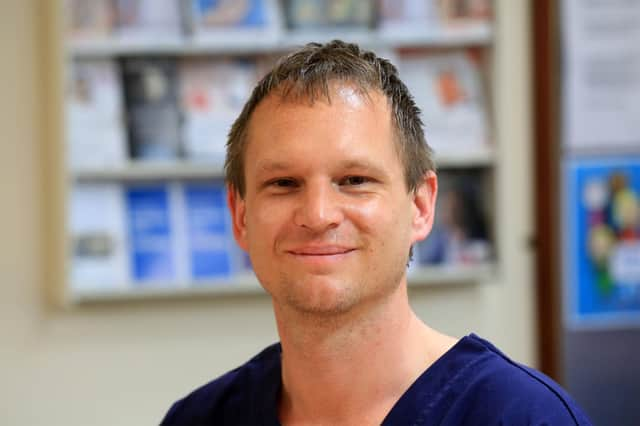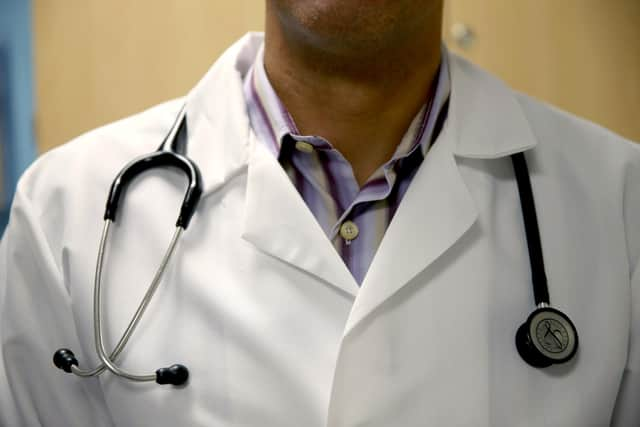A Sheffield GP's guide to getting the most out of your consultation


Firstly we need to hear the story of the illness. Second is examination. Sometimes we need investigations. Finally we discuss the options. Today I will cover understanding the story.
To diagnose someone, there is something far more important than the mystical stethoscope and the tests we order. Most important is hearing the story of how your illness has unfolded. The conversation can help us move from a million possible conditions down to 1-5.
Advertisement
Hide AdAdvertisement
Hide AdThere may only be time to manage one medical condition. However one condition could give symptoms that may seem disconnected. For example sweating, heart palpitations and anxiety may all be due to a single thyroid problem. So a helpful way to start would be to briefly list all the new symptoms you have developed. Together we can then decide what is manageable to focus on. Certainly avoid waiting until the end to mention something new.


Next, in order of what started first, give a little detail about each symptom. This may lead to a 1-3 minute story through your illness. For example with pain, describe when you first noticed it, where it is, what it feels like and how it changes over time. After this the doctor may ask some questions. They may clarify what you have said, or ask about other specific symptoms.
We also consider how likely you are to get a condition. This may be affected by medical problems that you or your family have, medicines you take, habits like alcohol or smoking, your job and your mental health.
In summary, a good GP can conclude so much from a good conversation. That is one reason we can manage a lot over the phone. So list all your new symptoms, negotiate how best to use the time, then tell the story of your illness in order. Next we need to understand your own thoughts about your illness, perhaps examine, sometimes do tests, then discuss options. I will cover these in future weeks!